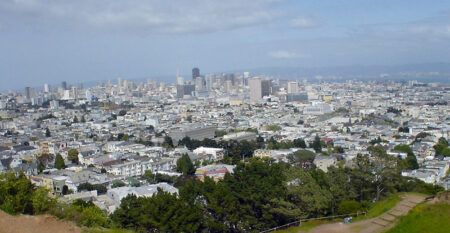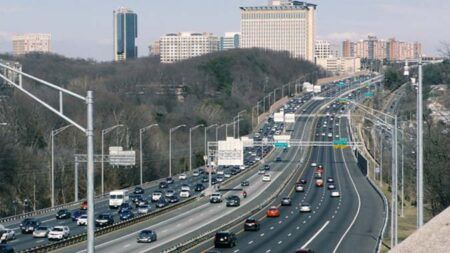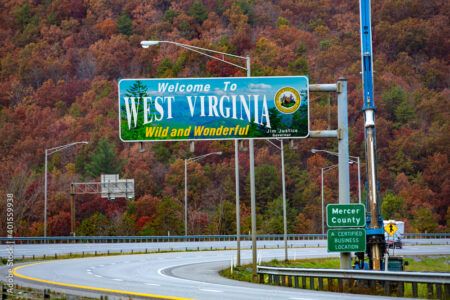The direct and indirect costs of congestion for UK drivers totaled more than £37.7bn (US$52.3bn) in 2017, an average of £1,168 (US$1,621) per driver, a new report reveals.
According to Inrix’s latest Global Traffic Scorecard, the UK ranked as the 10th most congested country in the world and the third most congested in Europe, with drivers spending an average of 31 hours a year in congestion during peak hours. Inrix analyzed congestion in 111 UK cities and towns, showing that London remained the country’s most congested major city for the 10th year in a row, ranked second in Europe after Moscow, and seventh in the world overall.
Drivers in London spent an average of 74 hours in gridlock during peak hours, an increase of one hour since 2016, contributing to congestion costing the capital £9.5bn (US$13.2bn) overall. Direct costs relate to the value of fuel and time wasted, while indirect costs relate to freighting and business fees from company vehicles idling in traffic that are passed on to the public.
Along with the capital, Manchester, Birmingham, Luton and Edinburgh made up the UK’s five most major congested cities. Drivers in Manchester spent 39 hours in congestion during peak hours, and 10% of their total drive time (peak and non-peak hours) in gridlock, with motorists in Birmingham spending over 9% of their total drive time in congestion last year.
However, not all the results were bad, as Scottish cities have made significant improvements from 2016, with Aberdeen, Glasgow and Edinburgh reducing peak hours in congestion by 20%, 15% and 10% respectively.
As part of the research, Inrix identified the UK’s most congested roads as well as the worst time to travel. London roads were busiest during the evening rush-hour, with the A406 from Chiswick Roundabout to Hanger Lane identified as the UK’s most congested road. Outside of the capital, the A34 from Robin Hood Lane in Birmingham was the fourth most congested road in the UK, with drivers each spending 44 hours in gridlock last year.
“Combined with the rising price of motoring, the cost of congestion is astonishing; it takes billions out of the economy and impacts businesses and individuals alike,” noted Dr Graham Cookson, Inrix’s chief economist.
“With the Office of National Statistics showing more cars on the road than ever before, we need to consider innovative new approaches to solving the issue. Increased flexible working or road charges have potential, however, transport authorities should be looking to exciting developments in data analytics and AI which promise to reinvent our approach to traffic management.”




